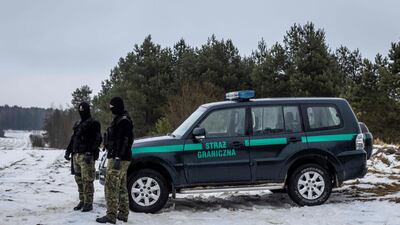ISIS members have entered Europe using fake passports, a US official said on Tuesday.
An investigation by UK newspaper The Guardian found that Turkey has become the centre of a lucrative trade in forged travel documents.
Reporters posed as customers for the passports — and found that sellers were able to beat security systems at border entry points.
While the production of fake biometric chips used in some passports was impossible, the investigation found that a forged Belgian passport offered by the criminals could probably trick computer software used at some borders.
Many on offer, including fake Russian and French passports, featured convincing reproductions of holograms and watermarks.
An Uzbek-owned company based in Turkey, Istanbul Global Consulting, charges up to $15,000 for copies of passports, the report said.
The newspaper said that despite the absence of fake biometric technology, the sellers say the highly convincing forgeries could fool border control officials who did not check documents carefully. This had been the case when ISIS were at their peak in 2014-2016 and terrorists posed as refugees using fake Syrian or Iraqi passports.
Since then, border control authorities in many countries have increased training standards.
“We are aware of IS members using these fake passports to cross to Europe, and European security is not successful in arresting them all,” a US official working with the US Department of Homeland Security told The Guardian.








